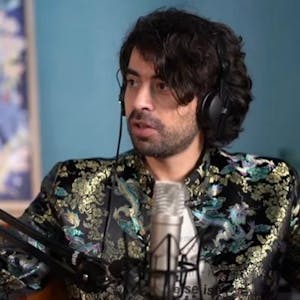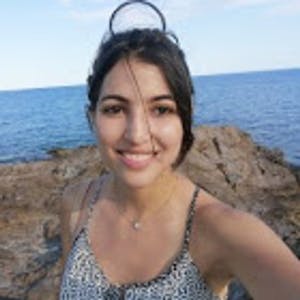Demuestra que se siente cómodo al pedir ayuda o solicitar pistas cuando las necesita. Así que eso es una buena señal.
Genial, entonces, esa función está ahí. Probablemente deberíamos devolver, sí, y luego podemos simplemente llamar a eso en lugar de hacer esa larga búsqueda de scoring.findIndex en cada línea.
Entonces, aquí está la prueba. Genial. Y luego podemos simplemente copiar esto, hacerlo de nuevo para el segundo jugador. Suena bien. Bueno.
Entonces, hemos tomado eso. Lo hemos refactorizado, guardémoslo y veamos si la prueba sigue pasando. Increíble.
Otra cosa también, creo, en el lado de las pruebas, tenemos bastante repetición aquí, como estamos lanzando, estamos puntuando varias veces para cada uno de ellos. Podríamos ponerlo en un bucle, especialmente para este donde sucede cuatro veces. ¿Qué piensas, Sadik?
Sí, hagamos un bucle cuando sea cuatro o más. Creo que se está volviendo un poco pesado. Hagámoslo. Entonces, crearemos un bucle aquí, I es menor que cuatro, lo incrementaremos, y luego iteraremos aquí y nos desharemos de eso. Genial. Tenemos nuestras pruebas pasando. Nuevamente, hemos refactorizado ambos archivos. Estamos en un buen estado, hemos hecho un bucle del ciclo rojo-verde-refactorizar en TDD, puedes construir sobre esto en un ejercicio real. Pero nos detendremos aquí solo para mantener el ejemplo corto y simple.
Es un problema realmente interesante, te recomendaría que lo intentes, este problema del tenis, se vuelve realmente interesante una vez que tienes empates y estás tratando con las ventajas y demás.
Muchas gracias, Sadiq, por tomarte el tiempo con nosotros.
No hay problema. Gracias.
Entonces, concluyamos. Quiero dejarte con algunas reflexiones finales. Estas son cosas que suelo hacer antes y después de las entrevistas, creo que realmente dejan una buena impresión en el candidato.


























Comments